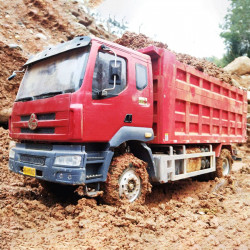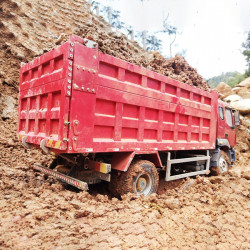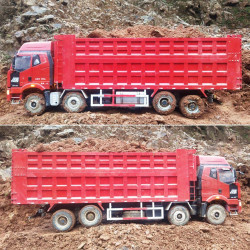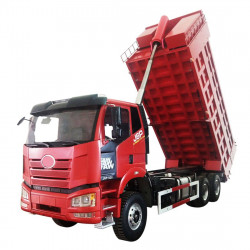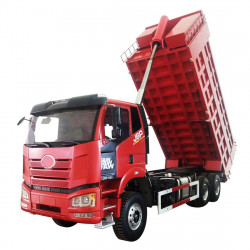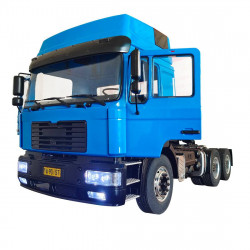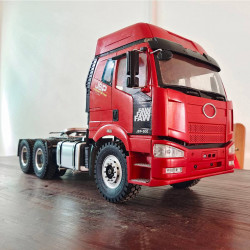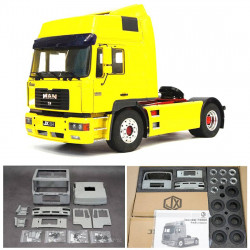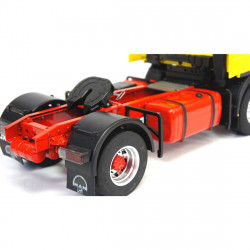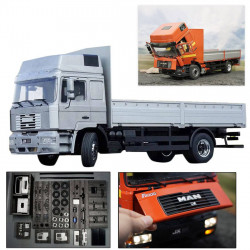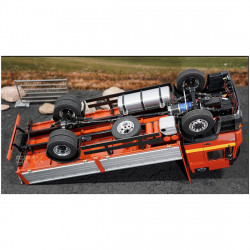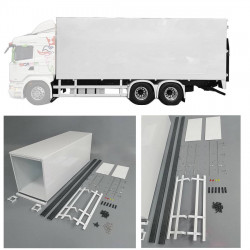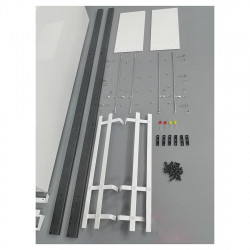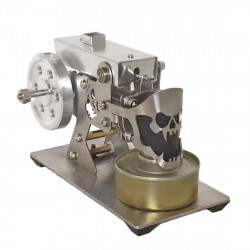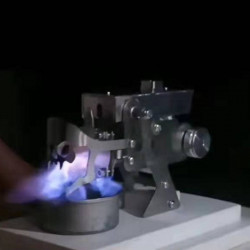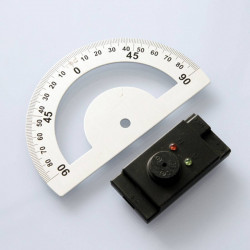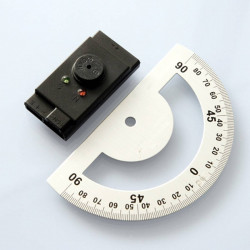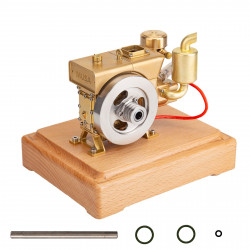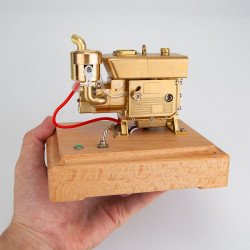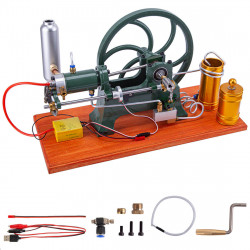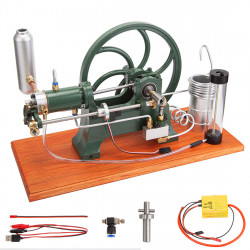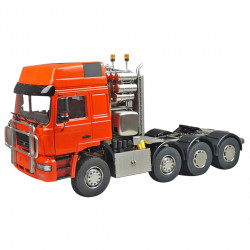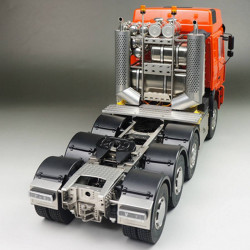What cities are home to American farmers? Furthermore, how do they farm? In the last 150 years, advancements in agricultural technology have greatly improved crop output efficiency.
In the past 150 years, agricultural technology has improved crop output efficiency. Mechanized harvesting tools such as the reaper and steam thresher have replaced horses and mules on farms. Tractors are now used for farm power. These changes are just a few examples of advancements in agricultural technology.
You may be interested in learning how a farm tractor is made. Below, I'll give you some fascinating background information about the tractor's history.
What was the first tractor?
In the late 1880s, petrol engines replaced steam engines, leading to the introduction of the first tractors. This marked the beginning of the powered agricultural revolution, which lasted for over a century. At the time, people widely accepted that a steam engine propelled the tractor.
The first agricultural tractor in the world was the 'baga' tractor, created in 1889 by the US Chicago Chadha Engine Company. It used an internal combustion petrol engine.
In 1892, John M. Frolic, from Iowa, invented an internal combustion engine. He created it for a farm tractor at the Van Duz Gas and Gasoline Machine Company. It was the forerunner of the John Deere tractor and the first functional internal combustion engine.
American inventors Hart and Pan created a robust and valuable four-wheel tractor in 1902. In 1906, Halter's tractor manufacturing company created the world's first crawler tractor with an internal combustion petrol engine. It went into mass production the next year.
In a race from 1910 to 1920, tractors with internal combustion engines performed better than those with steam engines. In 1966, John Deere was the first producer to add rolling bars to agricultural tractors. This was done to improve operator safety as tractors advanced.
Farm tractors started to feature more comfortable chairs for their operators by the early 1970s. They also came with a soundproof cover that protected the tractor's cab from dust, heat, and cold.
Agriculture is becoming more and more mechanized as technology develops. A farm tractor can be used for anything, including tilling the ground and feeding the animals.
Farm tractors typically serve three purposes. One is to pull or push trailers or farm equipment. Tractors pull traditional trailers containing tools or supplies for agriculture. They can also support agricultural machinery, tools, and equipment; two, they can transport large machines for planting, plowing, or harvesting.
You can attach equipment to the back of the tractor. This includes Tedders, Ploughs, Snow Blowers, Subsoilers, Crushers, and more.
You can also attach equipment to the front of the tractor. This includes rollers, forks, shovels, and more. You must attach these materials to the tractor using a coupling system that varies depending on the model.
Farmers typically use the three-point hitch method to transport agricultural equipment with cylinders or revolving components. Tractors use power output from the back of the vehicle or hydraulic or pneumatic systems.
How many types of tractors are there in the world?
Tractors can be divided into ten primary categories based on their needs or purposes.
Utility Tractors
A utility tractor is categorized based on horsepower, ranging from 40 to over 100. Their typical power range is 25–60 horsepower. Smaller and more portable, the compact utility tractor is made for farming jobs on a smaller scale.
Compact Tractors
Compact tractors, often compact utility tractors, are primarily designed for small farms. A compact tractor is a great choice for small-acreage homeowners or hobby farmers. It has a 540 rpm PTO and a three-point hitch for Category 1 tools."
Many people consider them to be some of the least powerful tractors on the market. Because of their small size, they are portable and perfect for small towns, landowners, and even specific farms, depending on their requirements.
Row Crop Tractors
Corn, soybeans, rice, and cotton are row crops, sometimes known as annual crops. A row crop tractor is a combined agricultural tractor and cultivator. This tractor is comfortable because it has a cabin to shield the operator from dirt and dust. Farm vehicles with row crops are excellent all-rounders that can efficiently do any farming activity.
Industrial Tractors
Manufacturers make industrial tractors for use in industrial settings. Rather than having three-point links, they are equipped with drawbars for pulling activities.
They are employed in load pulling. Additionally, they frequently have crane booms installed, so lifting big loads is simple. In actuality, most industrial tractors are utilized for towing purposes in factories.
Garden Tractors
Lawn tractors are more versatile because they can move more things and pull accessories, which makes them heavier." Beyond cutting grass, garden tractors can clear snow, tow large objects, till gardens, grade driveways, and do other tasks.
Implement carrier Tractors
Put the carrier in place. The chassis structure of tractors is expanded between the front and back tires to accommodate various implements.
Earth Moving Tractors
Are you aware? Which three toys are the most well-liked by boys aged five? Indeed, that includes large trucks or cars, large construction equipment, and large vehicles.
When tackling big earthmoving projects like landscaping, foundation installation, demolition, excavation, and trenching, it's often necessary to rent specialized equipment. The majority of them move using hydraulic drives. Regarding heavy equipment, many drillers have big thoughts about renting bulldozers.
Autonomous Tractors
Autonomous tractors are often called driverless because they function without a human inside. Autonomous farm tractors for tillage and other agricultural activities at low speeds.
They have six pairs of cameras that function similarly to human eyes. These cameras can detect their locati0n in the field, give a 360-degree view, and suddenly halt when they encounter anything strange. Growers have achieved more seed saving and an increased harvest due to their accurate automatic planting techniques.
Military Tractors
In the military, we have special tractors called artillery tractors. These tractors are strong and are used to tow artillery guns of various sizes and weights. They also go by the name of military tractors. You can wheel, track, or half-track it for construction and demolition, temporary road construction, and other high-risk tasks.
Two-wheel tractors
A tractor with two wheels can pull any of the many implements. Two-wheel tractors are small motorized farming tools.
They are used to prepare the soil for gardening and horticulture. These tools are specifically designed for small plots of land. Farmers frequently use two-wheel tractors to break up the dirt, similar to a rotary tiller.
Wessels Living History Farm says that a 27-horsepower tractor can plow an acre of land in 30 minutes. In comparison, it would take an hour and a half with five horses. A farm can feed 130 people. A tractor running on petrol can only feed one or two people at a time.
Modern farms rely on tractors to increase efficiency in cultivating and harvesting crops on a larger scale than before. Horses and mules consume almost 20 percent of the food that farmers grow, despite providing agricultural energy.
Tractors consume less gasoline, oil, and hydraulic fluid, helping farmers reduce costs and pass on the savings to consumers of food. Technology helped many farm workers find new jobs in various sectors of the economy.
This resulted in significant economic growth. Millions of farm workers were able to transition to new employment opportunities. This shift in jobs contributed to a boost in the economy.
Has anything significantly impacted farm life in the past century more than tractors?
